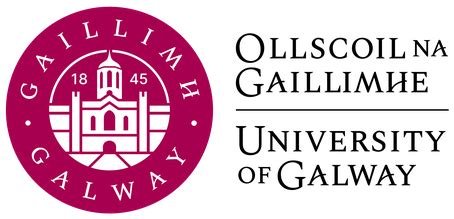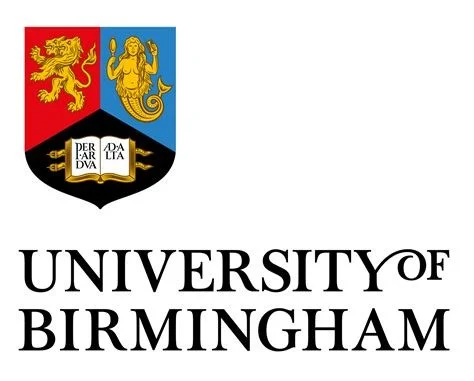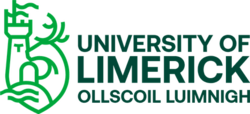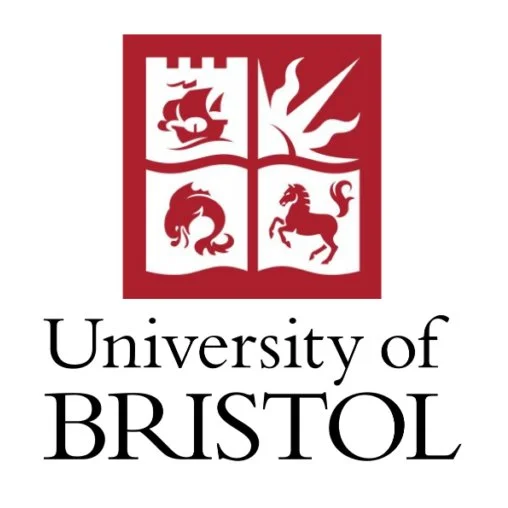Case Study: Arts and Sustainability Thematic Group
Sites of Fracture 20th Century Ireland at the Margins of Capitalism
Academics and Institutional Affiliation:
Dr Kevin O’Sullivan (1), Prof Mo Moulton (2), Dr Erika Hanna (3), Dr Patrick Doyle (4) & Dr Aoife O’Leary McNeice (1)
1-University of Galway, 2-University of Birmingham, 3-University of Bristol & 4-University of Limerick
Background:
This project brings together academics, artists, and archivists to explore the history of twentieth-century Ireland through the lens of landscape and capitalism. In our current moment of extraordinary ecological and economic challenges, there is a global search for alternatives to models of extractive capitalism. While these alternatives offer critiques of the global reach and power of modern economic processes, they are often profoundly local in their application, such as housing collectives, agricultural cooperatives, or alternate forms of energy provision. These schemes, while seeking to create alternate spaces of cooperation and community, have resided alongside or in opposition to global capitalist formations, with particular local repercussions.
We define these as ‘sites of fracture’, where messy, complex interactions between global capitalism and local alternative forms of organisation existed and produced particularly rich seams of memory and evidence. Ireland is understood by many measures to be one of the most globalised economies in the world, and is also a place where ownership of land has had profound political and cultural power. It is an ideal case study for exploring histories of capitalism and developing new place-based tools to understand and share this history.
To achieve these goals, the academic partners will collaborate with artists (Nocht Studio, the this/OUR project, and Greywood Arts Centre, Co. Cork), and archivists (Co-operative Heritage Trust, Manchester, and Mary Immaculate College Centre for Oral History, Limerick). There will be four public events: two symposia (Manchester and Birmingham) and two on-site workshops (Killeagh, Co. Cork, and Ballyragett, Co. Kilkenny).
Impacts, Outcomes, and Key Learnings:
This project will run from 2025 to 2027. Our launch event, at the Co-Operative Archive, Manchester, in July 2025, will examine how co-operatives function within and outside of capitalism. How can we better understand the history of co-operatives that worked in food production or engaged with landscapes and the natural world? What can historians offer to present-day co-operatives - and how can we preserve co-operative archives for the future?
Webpage:
SDGs impacted:
SDG 4, SDG 11, SDG 13 & SDG 17




